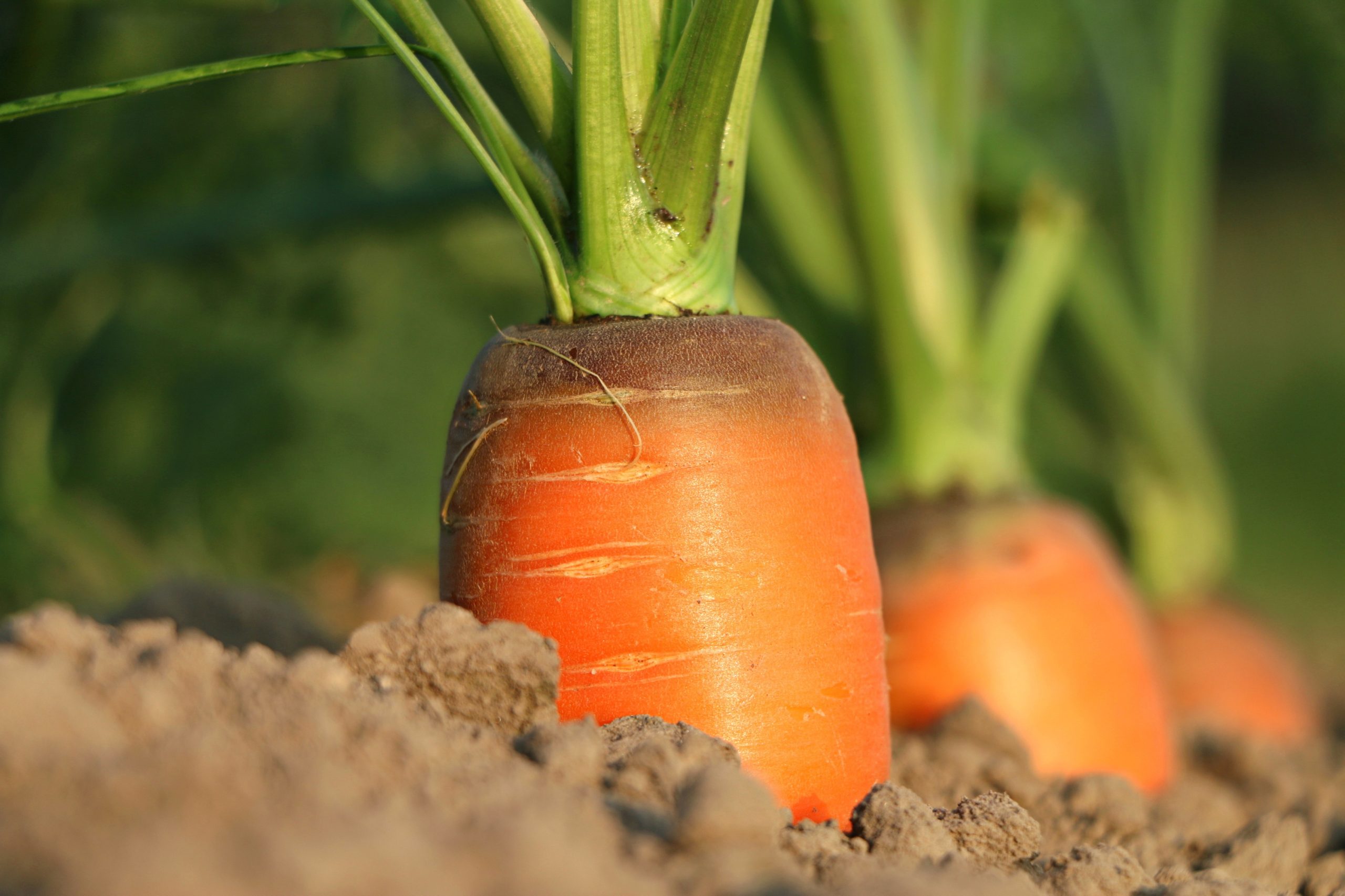A portion of 80g of carrots costs around 5.5p to put on our plates, and, if I ate them daily until Christmas, this iconic British vegetable would still cost me less than a Big Mac. But growers believe that its low pricing by retailers means that carrots are not valued as highly as they should be.
As a food, they are highly nutritious, affordable and hugely versatile, ideal for soups, cakes, salads, stews and juices. For food affordability campaigners, the carrot is often the vegetable that they endorse, because it is inexpensive and available in any shop that sells fresh produce and very nutritious.
Six of the UK’s biggest carrot growers and the British Carrot Growers Association have invested in telling the British carrot story by establishing a National Carrot Day, which, this year, falls on 3 October. The campaign aims to boost carrot consumption, share the growers’ perspectives and air the challenges for the sector. They have asked us to undertake the marketing for them.
On the day itself, carrot growers will be gathering from all over the UK for the Carrot Growers’ annual open day, where the latest technology, varieties and kit will be on show. Also, we have invited a diverse range of journalists to come and meet them.
These growers are innovative and technically immensely competent, making carrots a crop that has become highly specialised. Over the last decade, significant progress has been made in developing varieties to be hardier and more nutritious, for example, beta carotene levels – a source of vitamin A, which is good for vision in dim light – are now 50% higher than they were in 1970. The planting and harvesting technology has become very sophisticated and agronomic practices have led to marked reductions in crop losses from pests and disease, as well as from the cold winter weather.
Carrot farmers have had a tough time recently – the weather was awful from July 2023 through to May 2024; the worst many growers had ever known. This meant that, to fill contracts with retailers and wholesalers, growers had to import carrots from Israel, Spain, France and even China, because harvesting was so challenging. Last Christmas, this led to a situation where supermarkets were full of Israeli carrots, and, making matters worse, they were being discounted down to 15p a bag.
The scale of Britain’s carrot output is impressive, with our growers producing over 700,000 tonnes annually from 9,000 hectares at a value of £290 million. It’s one of the best self-sufficiency stories that we have – the UK is usually around 97% self-sufficient, and despite the bad season, growers have still managed to achieve 93% domestic supply. But it hasn’t been easy.
For our part, over the coming months, we have found that journalists from TV, radio and the national newspapers are really keen to tell the carrot story, as are some of the glossy lifestyle mags. And, on the 3rd of October, I will be at the carrot event on Strawson’s Farm in Nottinghamshire to take part in the carrot tasting, filming farmers and learning even more about the nation’s favourite vegetable.
For Scots, the carrot has a special place in our hearts maybe because root veg has long been a part of our lives, with neeps, tatties and carrots being the favourites, or maybe because many families still cook a lot of meals from scratch. So, I’d like to throw out a challenge to all P&J readers, please spread the word about National Carrot Day on 3 October – to support our carrot growers please buy some carrots, give some to your friends with your favourite recipe and share your carrot stories and photos on social media.
